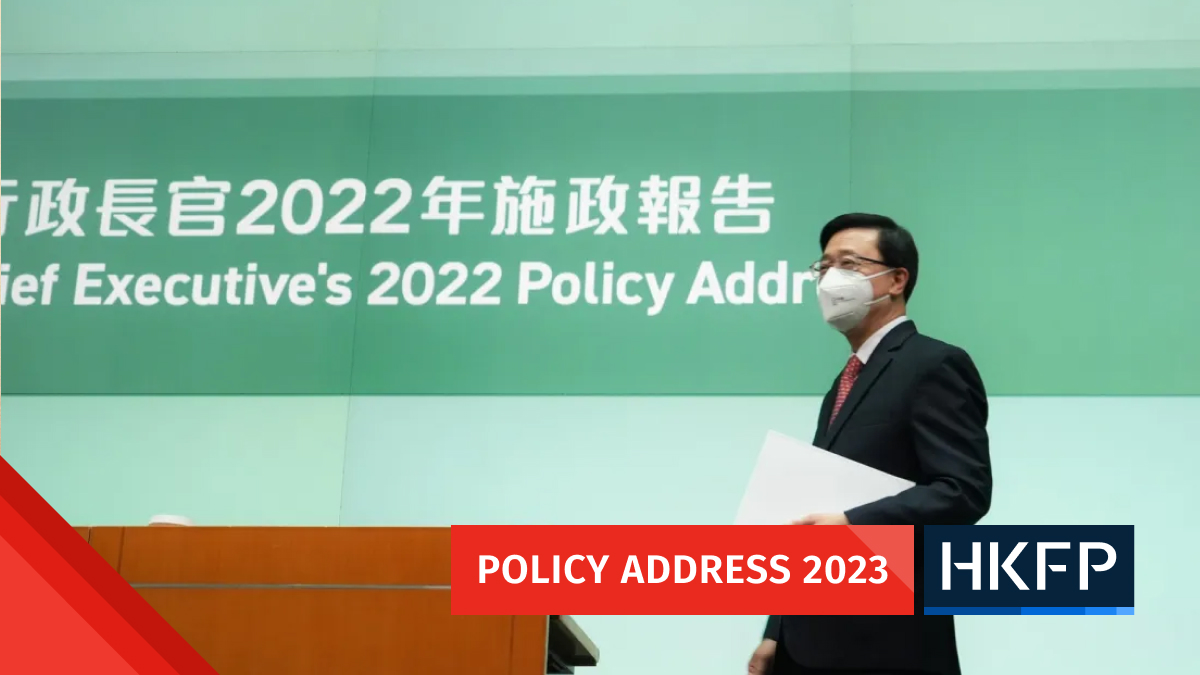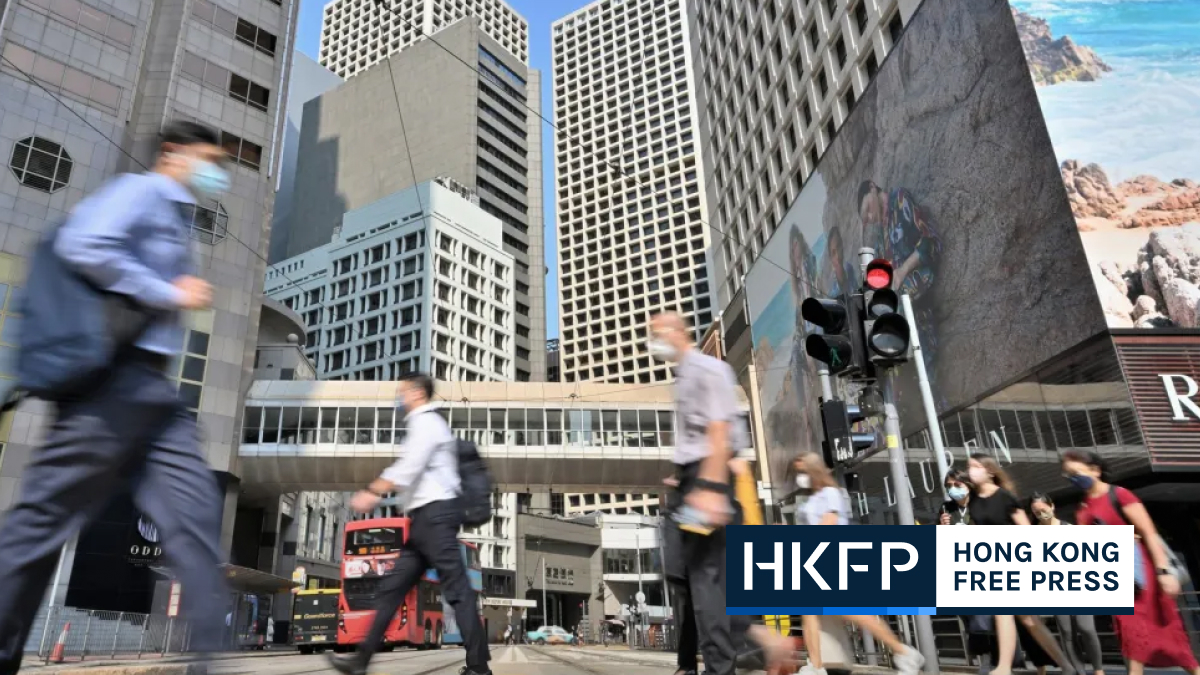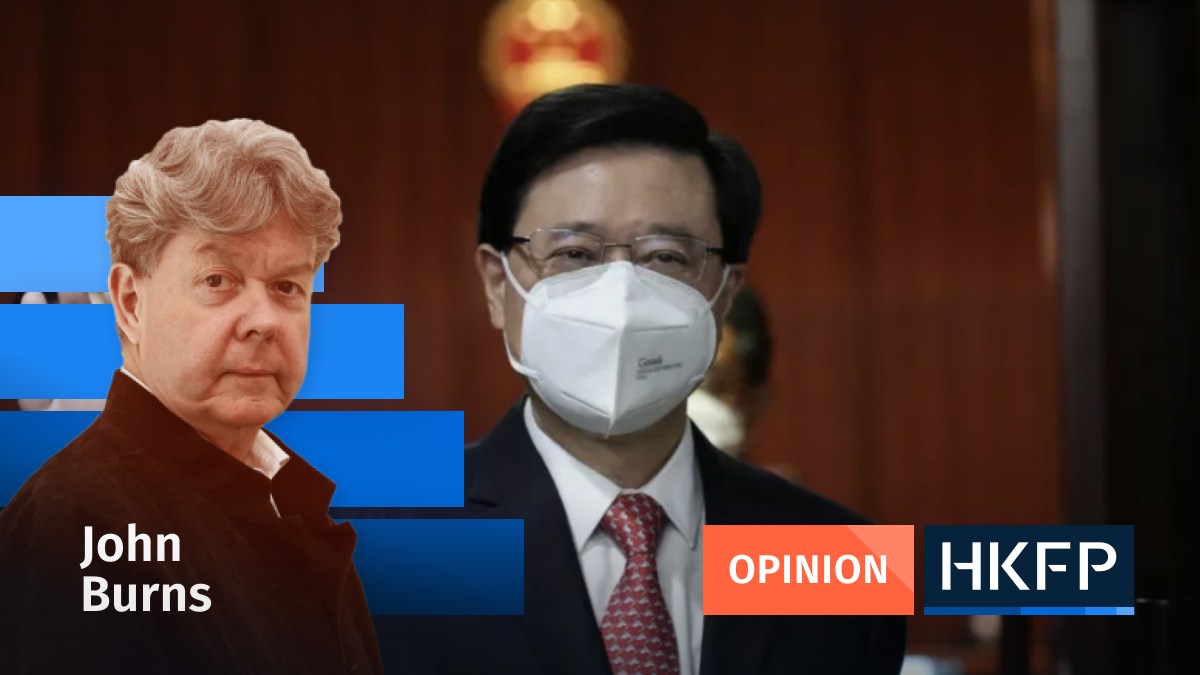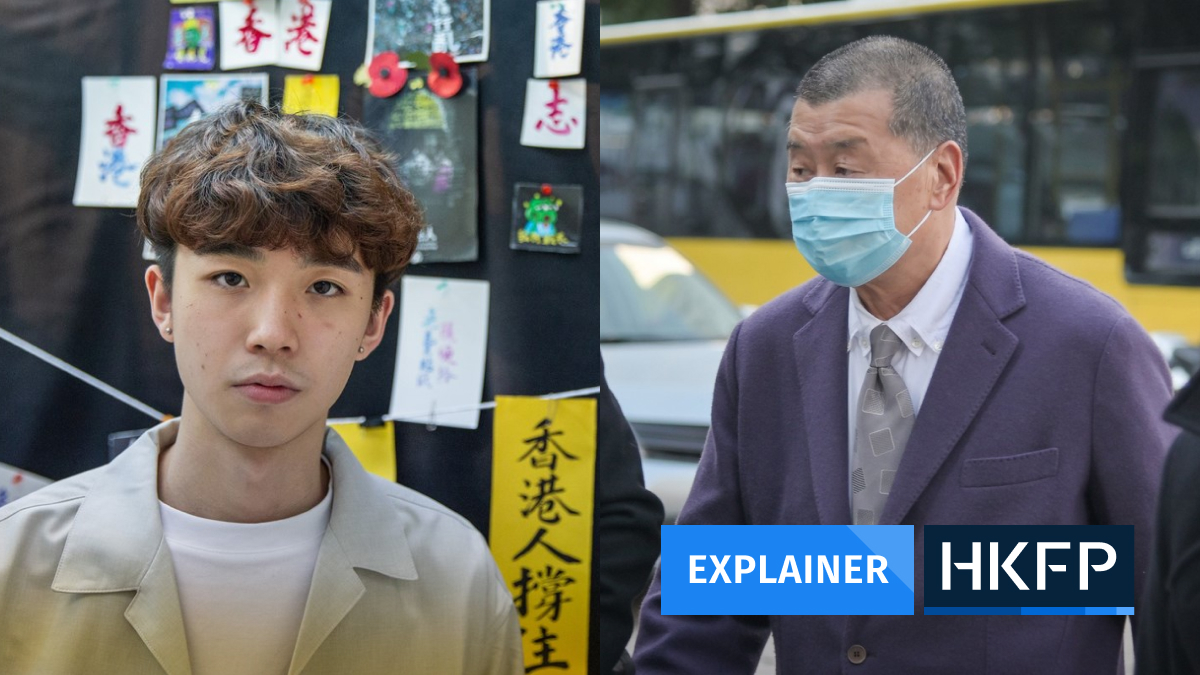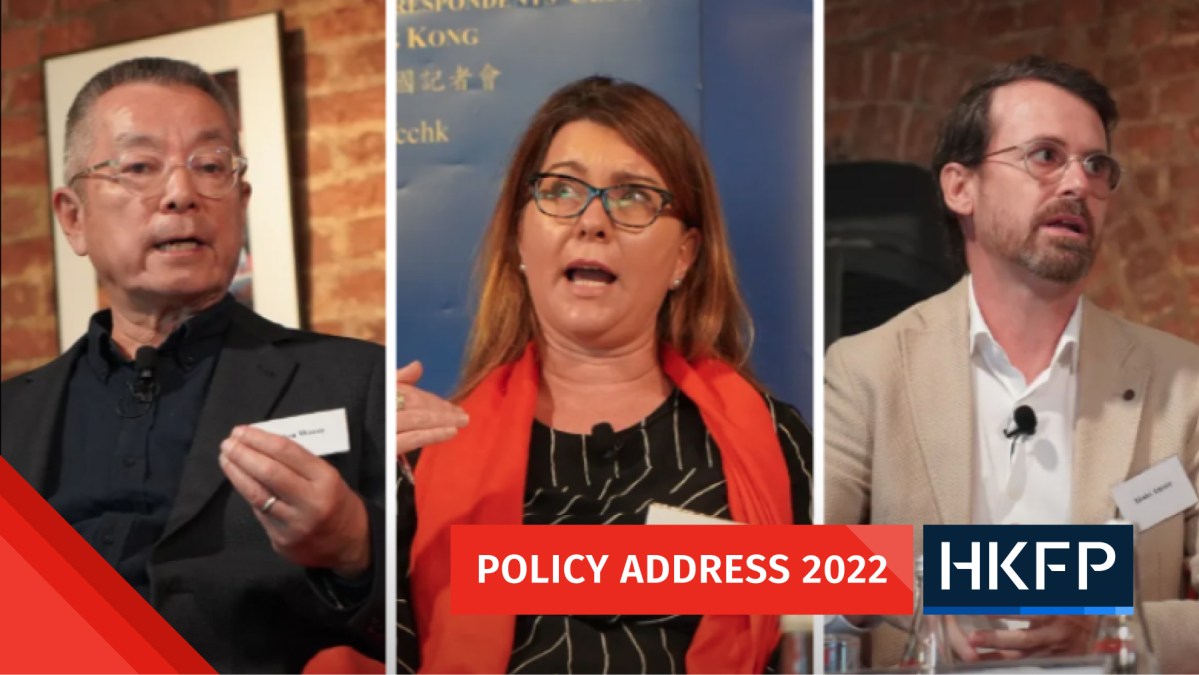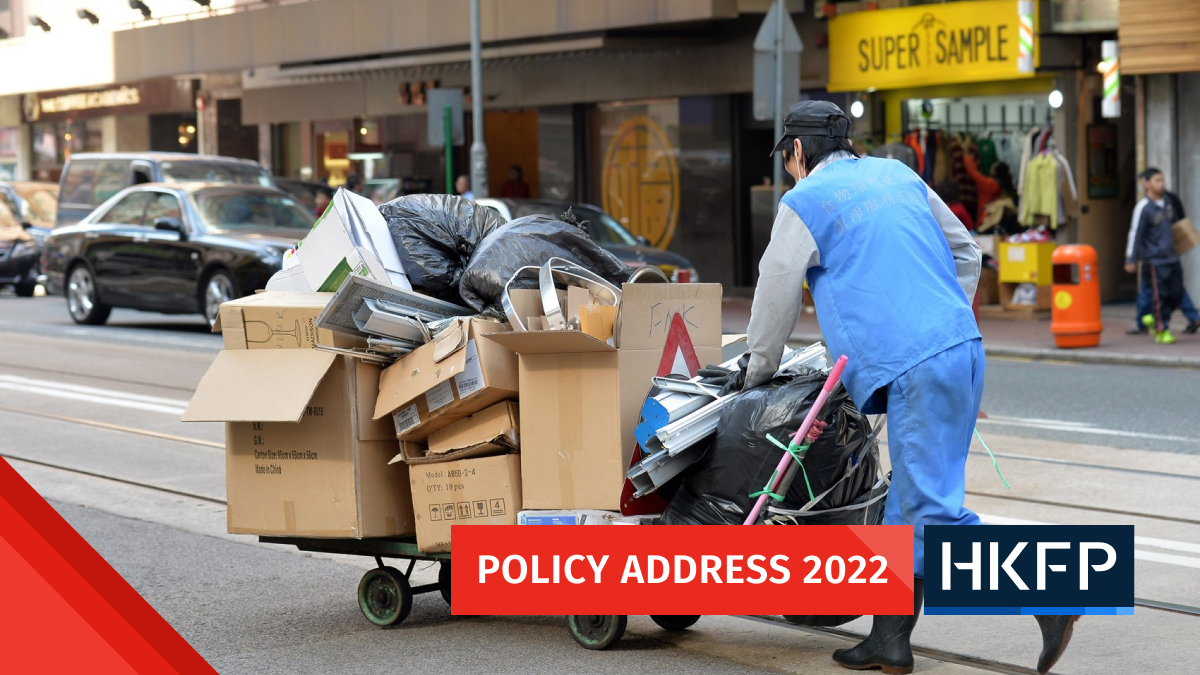Chief Executive John Lee has announced a slew of strategies aimed at attracting mainland and overseas talent to Hong Kong in his first Policy Address as the chief executive. It comes amid population outflow attributed to the city’s political situation and strict Covid-19 rules.
Speaking at the Legislative Council on Wednesday, Lee said the government will launch the Office for Attracting Strategic Enterprises (OASES) to lure firms to Hong Kong with land and tax incentives, with a focus on industries of “strategic importance” including financial technology, as well as life and health technology. The office will provide firms with “tailor-made plans to facilitate the setting up of their operations in Hong Kong.”

The Hong Kong government’s offices in the mainland and overseas will set up dedicated teams to liaise with the world’s top universities and encourage graduates to come to the city, Lee added. The teams will also incentivise Hongkongers studying or working in the mainland and overseas to return.
Separately, the Talent Services Unit – to be led by the Chief Secretary – will coordinate with the Immigration Department to process applications received under talent admission schemes. Electronic services for visa applications will be launched within this year, Lee said.
Visa before job offer
A new two-year “Top Talent Pass Scheme” will aim to entice talent to pursue careers in Hong Kong – applicants will not be obliged to have secured a job offer before arriving in the city. The programme is aimed at high-earners, as well as recent graduates from the world’s top 100 universities with some work experience.
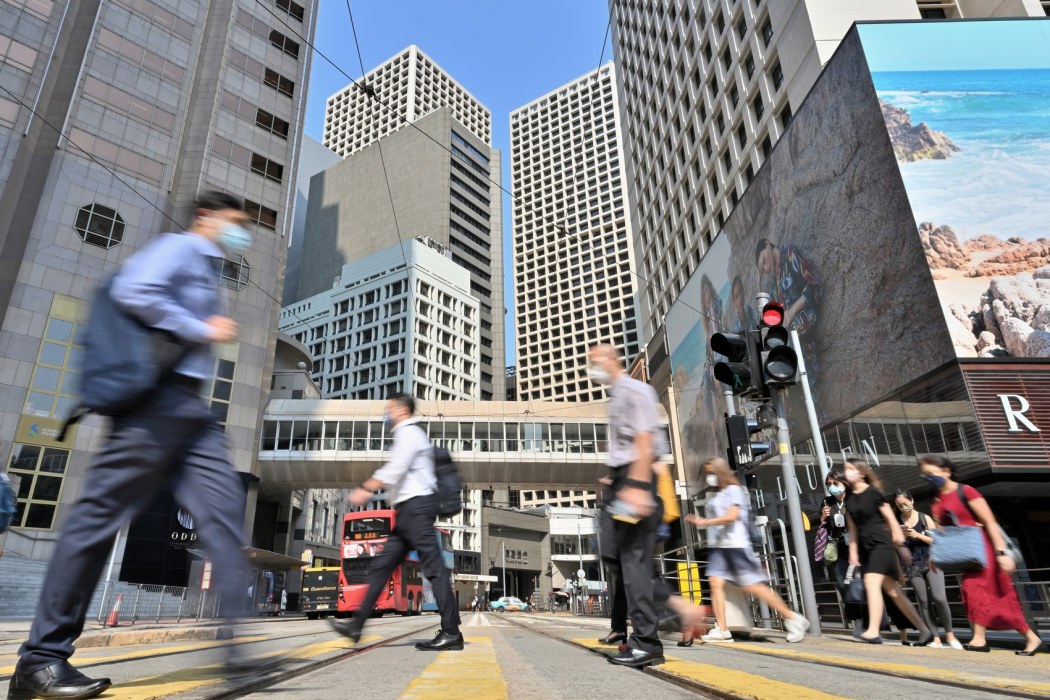
Lee did not mention which rankings the “top 100 universities” would be based on.
Additionally, the government will issue a quota of 10,000 for recent graduates who have yet to fulfil work experience requirements.
The Talent Services Unit will assist those under the scheme to find jobs in the city: “Over the past two years, the local workforce shrank by about 140,000. Apart from actively nurturing and retaining local talents, the government will proactively trawl the world for talents,” Lee said.
The Immigration Arrangements for Non-local Graduates (IANG) permit – which allows non-local graduates of Hong Kong universities to stay in the city while looking for work – will be extended from one year to two years. The permit will also be expanded to cover those graduating from Hong Kong university campuses located in the Greater Bay Area.
‘Think outside the box’
The talent attraction strategies were one of the major highlights of Lee’s Policy Address, alongside announcements about new railway lines and highways, plus the introduction of “Light Public Housing” to alleviate Hong Kong’s housing woes.
Lawmakers from pro-Beijing party the Democratic Alliance for the Betterment and Progress of Hong Kong (DAB) said last month that Hong Kong needed to “think outside the box” when it came to encouraging skilled professionals to settle down in the city. They called on Lee to put incentives in place, suggesting tax breaks for overseas talent.
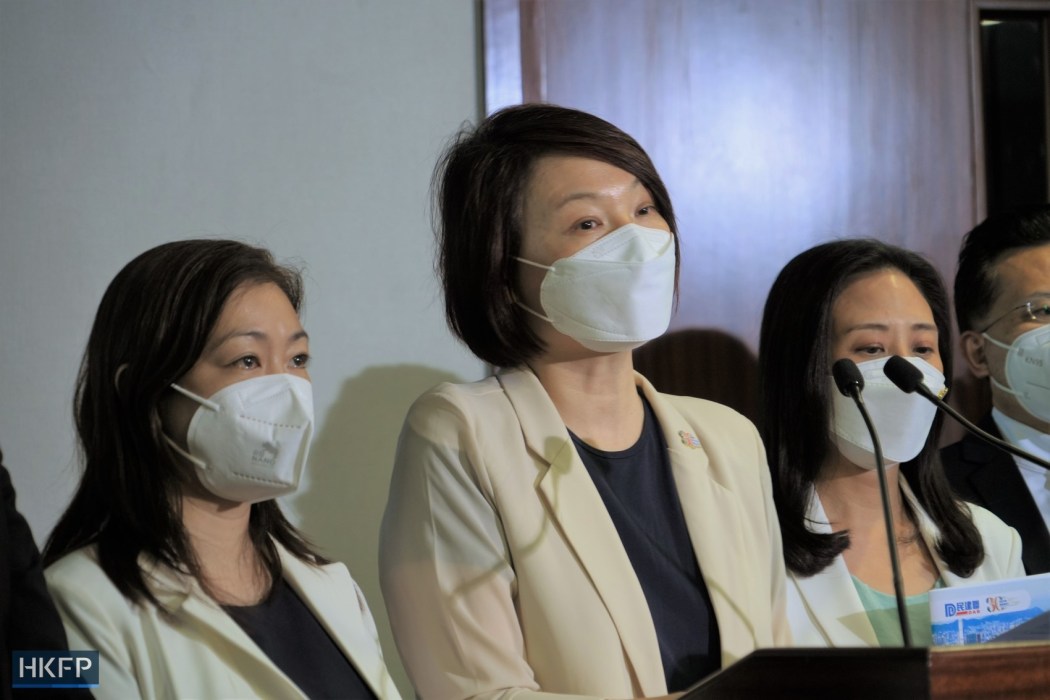
The policies come as Hong Kong saw a mass exodus of residents – seen in record high school vacancies and pension fund withdrawals – which many have attributed to the political situation and the city’s strict Covid-19 policies.
“This is an era in which countries are fighting to attract talent,” Starry Lee, chairperson of the DAB, told reporters. “Governments are using different policies… to recruit companies and highly skilled people.”
Record decline in population
Hong Kong has seen its largest mid-year population decline ever, according to official statistics released in August. The population dipped by 1.6 per cent, with around 113,200 Hong Kong residents leaving between mid-2021 and mid-2022.
The exodus is being felt across industries from banking to education. Government figures show that over 4,000 teachers left their jobs in the past school year, a five-year high and a 70 percent spike from the year before.
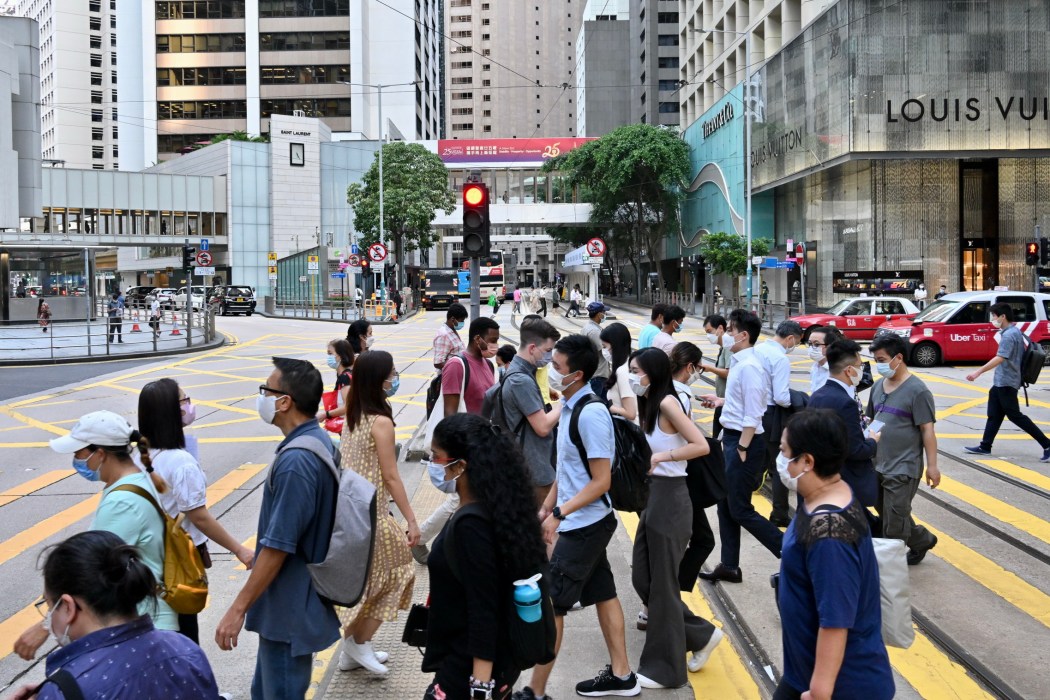
Then-chief executive Carrie Lam conceded in March that the city was seeing a brain drain, with strict border anti-epidemic measures contributing to “some senior management of some corporates” leaving Hong Kong.
The trend has also been linked to political developments in Hong Kong since the anti-extradition unrest in 2019 and the imposition of Beijing’s national security law the following year.
Lee has rejected the use of the term “emigration wave” to describe Hong Kong’s declining population. He said the city had long seen people “shuttling in and out,” and that residents leave for a variety of factors, including education and family reasons.
Policy Address 2022 – full coverage:
Support HKFP | Code of Ethics | Error/typo? | Contact Us | Newsletter | Transparency & Annual Report

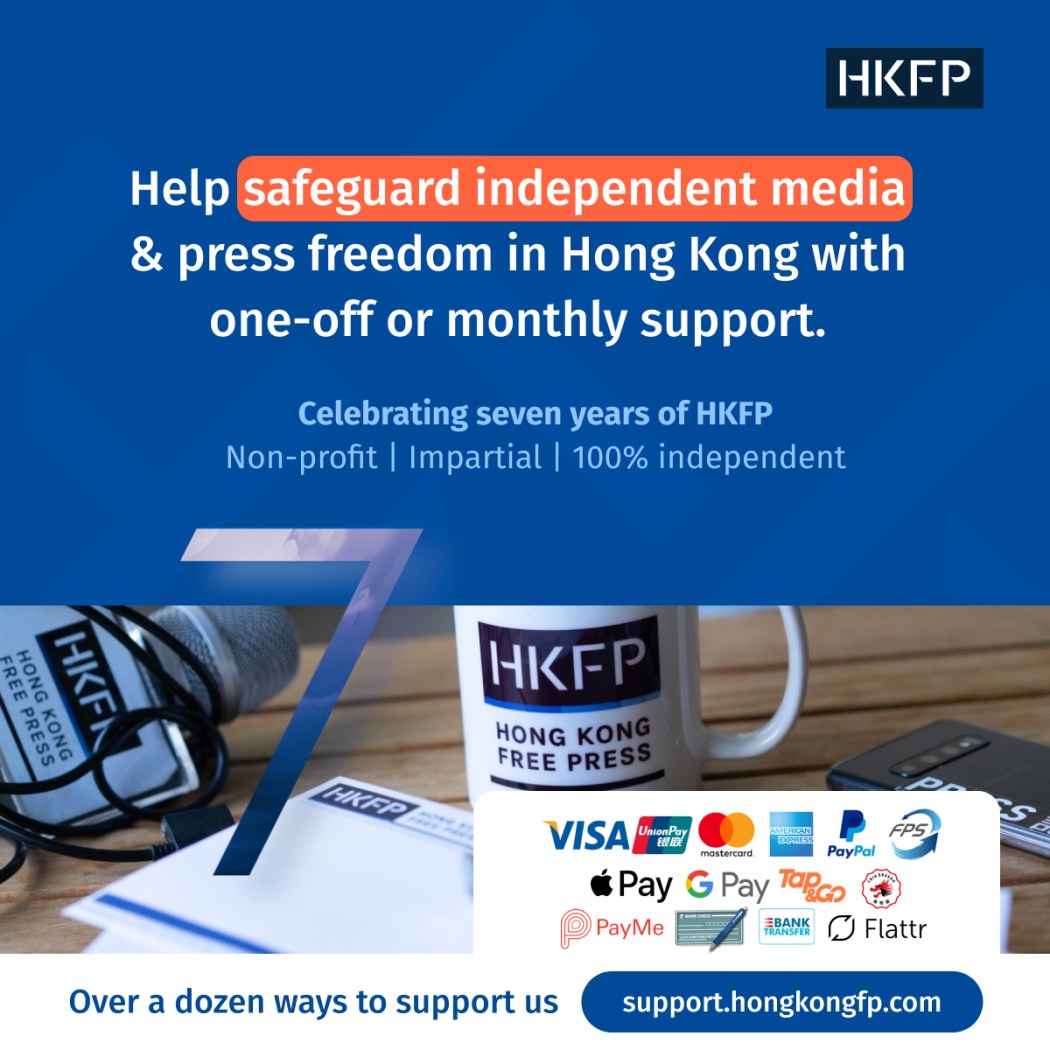
Support press freedom & help us surpass 1,000 monthly Patrons: 100% independent, governed by an ethics code & not-for-profit, Hong Kong Free Press is #PressingOn with impartial, award-winning, frontline coverage.

